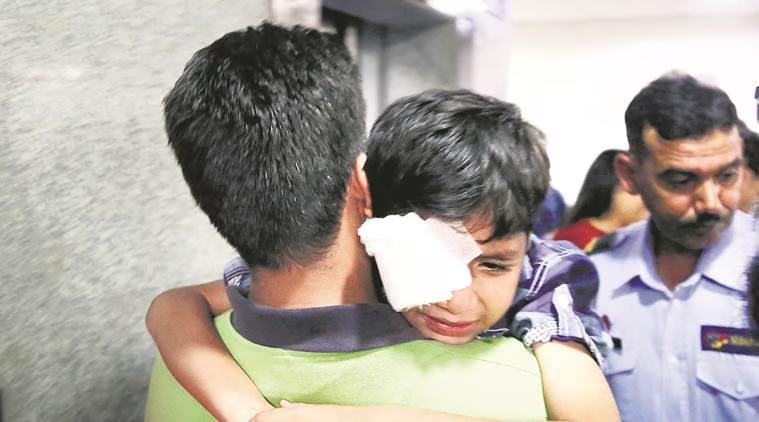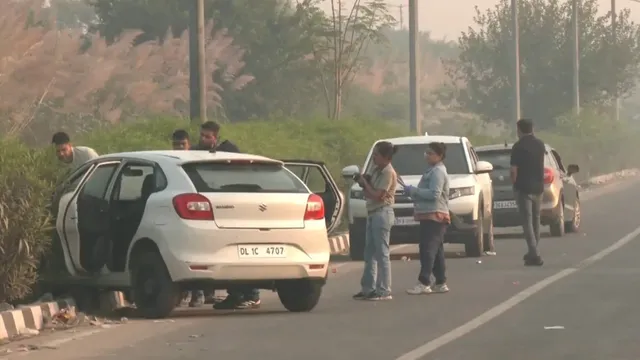Now Reading: Muivah Returns to Birthplace After 50 Years, Reaffirms Stand on Naga Flag and Constitution
-
01
Muivah Returns to Birthplace After 50 Years, Reaffirms Stand on Naga Flag and Constitution
Muivah Returns to Birthplace After 50 Years, Reaffirms Stand on Naga Flag and Constitution

Thuingaleng Muivah, the veteran leader of the National Socialist Council of Nagalim (Isak-Muivah), returned to his native village in Manipur’s Ukhrul district after five decades, reigniting discussions around the Naga political issue. During his visit, Muivah reiterated the group’s firm stance that the Naga peace process cannot be concluded without recognition of a separate flag and constitution for the Nagas.
Addressing a large gathering, Muivah emphasized that the Naga identity and political aspirations were not negotiable. He stated that any agreement signed between the Government of India and other Naga factions would not represent the collective will of the Naga people unless the core issues of sovereignty, flag, and constitution were acknowledged. His words drew strong reactions, both from supporters who hailed him as the symbol of Naga resilience and critics who viewed the statements as a setback to peace talks.
Muivah’s return to Somdal, his birthplace, was emotional and symbolic. Local residents and supporters lined the streets to welcome him, describing his visit as a “homecoming of a revolutionary.” The 90-year-old leader, who has spent most of his life in exile and underground, appeared frail but resolute in his message of self-determination.
The visit comes amid renewed efforts by the Centre to revive stalled negotiations with various Naga groups. While several factions have agreed to work under the framework agreement signed in 2015, the NSCN (IM) continues to insist on the inclusion of Naga symbols of sovereignty as a precondition for a final settlement.
Political observers believe Muivah’s statements could influence the direction of upcoming talks between the government and Naga representatives. His defiant tone signals that the NSCN (IM) remains unwilling to compromise on key ideological points that have shaped the Naga movement for decades.
As Muivah reconnects with his roots after half a century, his message underscores the deep emotional and political complexity surrounding the Naga peace process. While the Centre pushes for unity among factions, the demand for recognition of Naga identity remains at the heart of a conflict that has spanned generations.

























